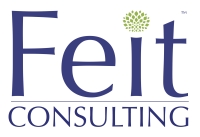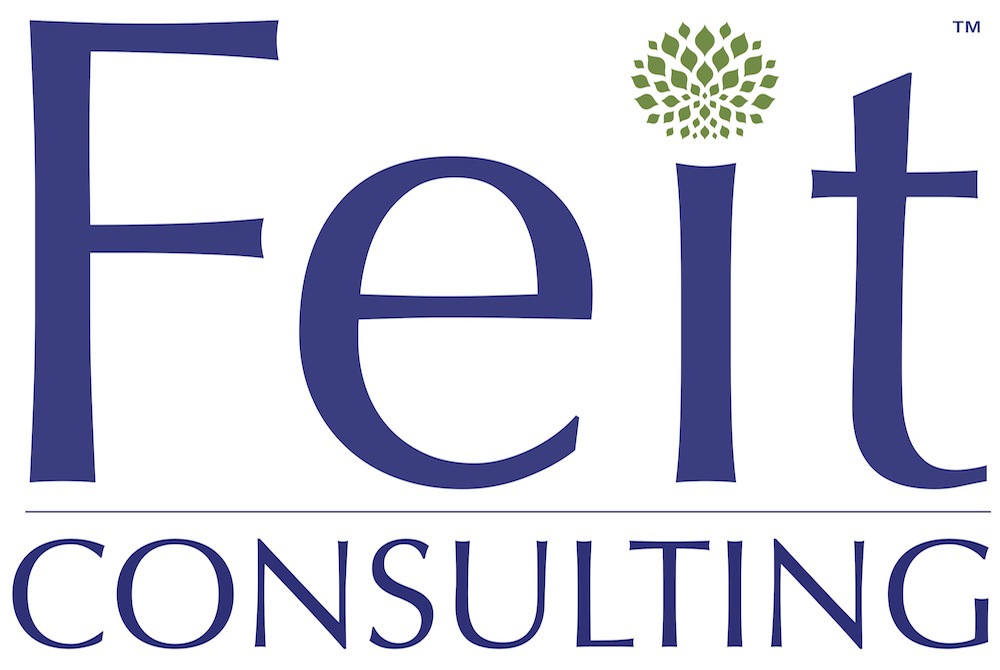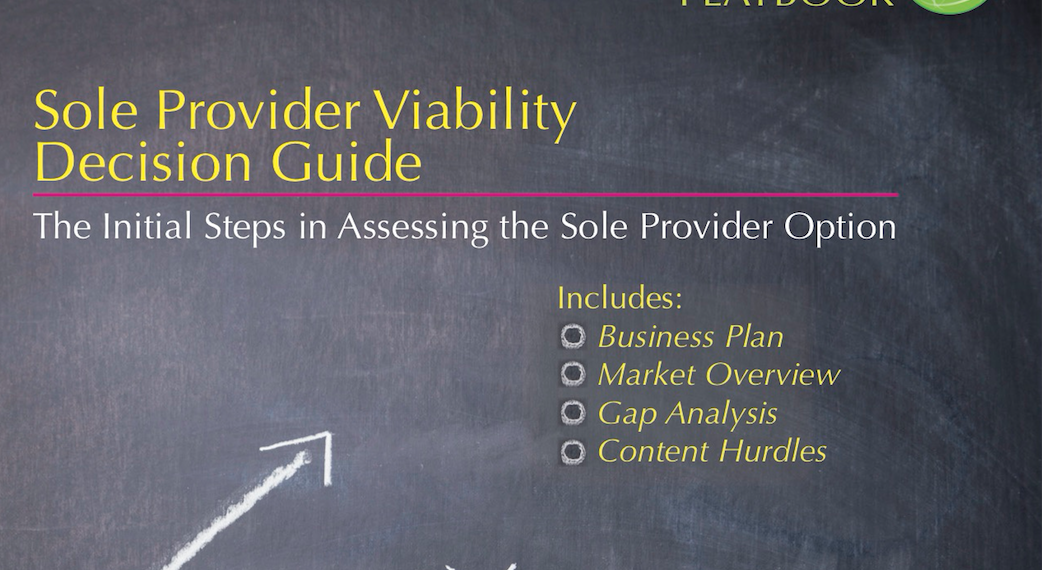
If your firm is going sole provider, do you have a change management roadmap to guide the process?
By Michael Feit | Sole Provider
With the majority of firms already making the choice to retain just one vendor, the market has proven that firms don’t need both Lexis and Westlaw to operate successfully. Until a decade ago, more than 85% of law firms had both Lexis and Westlaw. The vendors offered products with a lot of unique content, making it justifiable to have both. Additionally, approximately 90% of costs associated with online research were passed through to clients.
Since the 2008 recession, recovery rates have dropped to 36%, overall usage is down and continuing to decline, and Lexis and Westlaw products have become quite similar. While there is still some unique content, it is not enough to justify firms retaining both. And, fortunately, there are many workarounds to alleviate concerns about lost content.
The idea of transitioning to sole-provider can be daunting, considering the many individuals and processes that might be impacted. There are a great number of elements to examine, from contracts to content, not to mention the strong reactions of users to fundamental system changes. Lexis and Westlaw have both successfully infiltrated law firms’ cultures and infrastructures over their many years of service.
Feit Consulting offers a variety of resources to help firms and organizations transition to sole provider. Firms and organizations can engage with Feit Consulting to provide project management direction, tools and resources to implement the change from two provider to one provider, or for some firms and organizations – flipping from one vendor to the other vendor. Feit Consulting will evaluate your specific needs to determine our role and pricing that is customized to your firm’s needs.
Flipping vendors or eliminating a vendor can provide substantial savings, however this process requires an intense amount of time and planning. Let Feit Consulting guide your firm or organization through the process. Contact Feit Consulting today to set up an initial consultation with our team of experts.






